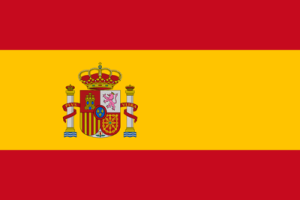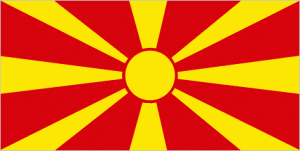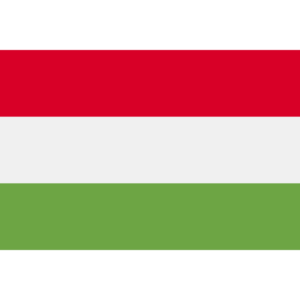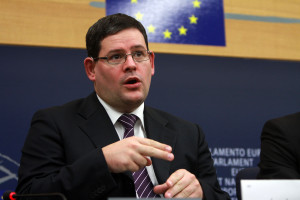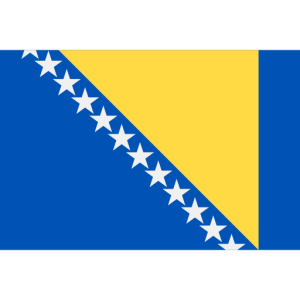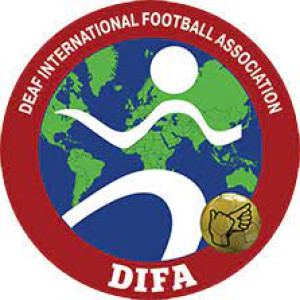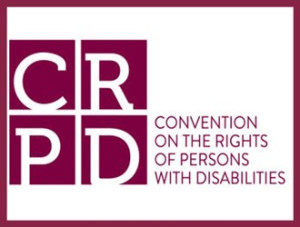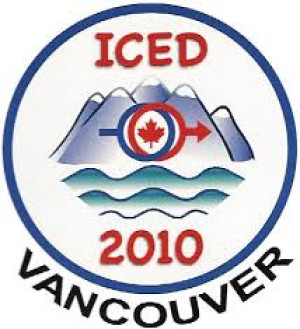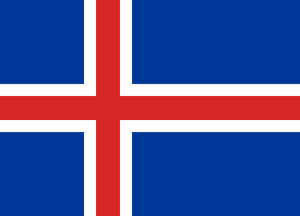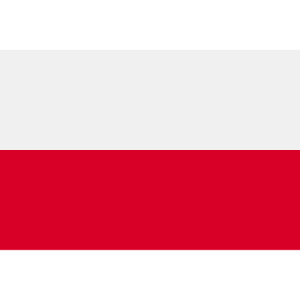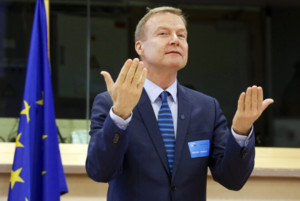2000 - Now
2000
2007: Spain, Legal Recognition of Spanish and Catalan Sign Languages
On June 28, 2007, Spanish and Catalan Sign Languages were recognised by the Spanish Parliament to be official languages in Spain.
2007: Estonia, Legal Recognition of Estonian Sign Language
Estonian Sign Language was officially recognised on 1 March 2007.
The Language Act recognises Estonian Sign Language (eesti viipekeel, EVK) as an independent language: not using 'sign language' as a generic term.
Par. 2 "Scope of Application" mentions Estonian Sign Language again, explicitly stating that the Act regulates the Estonian language and the use of Estonian Sign Language, along with 'foreign languages', i.e. minority languages.
2009: Macedonia, Legal Recognition of Macedonian Sign Language
"The Macedonian sign language (Macedonian: македонски знаковен јазик, romanized: makedonski znakoven jazik or македонски гестовен јазик, makedonski gestoven jazik) is the sign language of the deaf community in North Macedonia.
The Macedonian Sign language is regulated by a national law on 21 August 2009.
2009: Hungary, Legal Recognition of Hungarian Sign Language
In November 2009 the Hungarian Parliament unanimously passed an act on Hungarian Sign Language and the protection of Hungarian Sign Language.
2009: Dr. Ádám Kósa first Deaf member of the European Parliament
The European Parliamentarian Dr. Adam Kosa from Hungary was the first deaf person elected in European parliamentary elections in June 2009, which marked a historical achievement for the deaf community.
Kosa works in the interests of deaf and disabled Europeans. One of his major aims is to make sign language the 24th official language in the EU.
2009: Bosnia and Herzegovina: Legal Recognition of Sign Language
In Bosnia and Herzegovina, the deaf have the same language rights with sign language as the hearing do with oral language. Interpreters must be provided between sign and Serbo-Croatian for deaf people dealing with government bodies, and government television broadcasts must be translated into sign language.
2010: Deaf International Football Association
The Deaf International Football Association (DIFA) was officially registered by the Registration Chamber in Geneva (Switzerland) on June 14, 2010. For development of football, holding competitions and international tournaments in high level, legal organization DIFA (Deaf International Football Association) was created.
2010: UN CRPD ratification by the EU
December 2010, the 28 Member States of the European Union (EU) have ratified the UN Convention on the Rights of Persons with Disabilities (UN CRPD).
By concluding the UN Convention, the EU is committed to ensure and promote the full realization of all human rights for all persons with disabilities through the adoption of new legislation, policies and programmes and the review of existing measures.
2010: ICED, Apologies for Milan Conference
The 2010 ICED Organizing Committee opened the 21st International Congress on the Education of the Deaf in Vancouver, Canada with a long-awaited sweeping repudiation of the 1880 Milan ICED resolutions.
2011: Iceland, Legal Recognition of Icelandic Sign Language
In June 2011, Icelandic Sign Language was officially recognized as a first language. The law now states that Icelandic Sign Language is the first language of those who must rely on it for expression and communication, and of their children. The government authorities shall nurture and support it.
Article 5 of the Act also ensures that the government must promote all aspects of education and awareness in regards to Icelandic Sign Language.
2011: Poland, Legal Recognition of Polish Sign Language
In 2012, under the "Sign Language Act", Polish Sign Language ("Polski Język Migowy", PJM) received official status in Poland and can be chosen as the language of instruction by those who require it.
2013 - now: Dr Markku Jokinen President of EUD
EUD President 2013–present: Dr Markku Jokinen ( Finland).
His major goal with the EUD is to strengthen EUD and work on strengtening EU citizenship of deaf people through using EU and other international instruments including UN CRPD.

